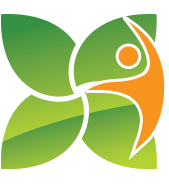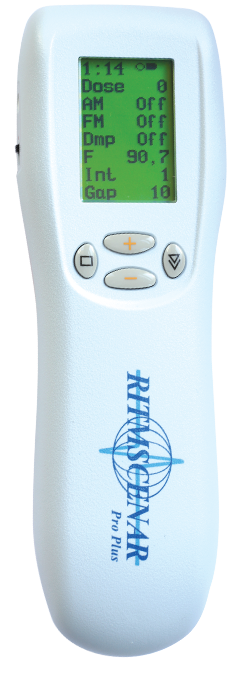FRESH START HEALTH
Headaches & Migraines
Let’s get rid of those migraines. Amazing results in bannishing or reducing repeating headaches & migraines

welcome

Dealing with headaches and migraines
Regular or intense headaches can be triggered by a number of factors, including stress, noise, exertion, and certain medications or foods. A migraine is a type of headache that causes an intense throbbing sensation in one area of the head. It may be accompanied by nausea, vomiting, and sensitivity to light or sound. In general, migraine headaches are very painful.
In most people, there are triggers that can cause headaches and migraine attacks, such as:
- Certain foods, food additives and sugar addiction
- Stress and worry
- Medications
- Disrupted sleep & sleep disorders
- Dehydration or lack of quality water!
- Tension and tightness in neck and back

What kind of headache is yours?

It’s important to figure out what type of headache is causing your pain. If you know your headache type, you can treat it correctly. Here are some tips that will put a name to your pain.
Tension headaches
Tension headaches, the most common type, feel like a constant ache or pressure around the head, especially at the temples or back of the head and neck. Not as severe as migraines, they don’t usually cause nausea or vomiting, and they rarely halt daily activities.
Cluster headaches
Cluster headaches, which affect more men than women, are recurring headaches that occur in groups or cycles. They appear suddenly and are characterized by severe, debilitating pain on one side of the head, and are often accompanied by a watery eye and nasal congestion or a runny nose on the same side of the face.
Sinus headaches
When a sinus becomes inflamed, often due to an infection, it can cause pain. It usually comes with a fever and can be diagnosed by symptoms or the presence of pus viewed through a fibre-optic scope.
Rebound headaches
Overuse of painkillers for headaches can, ironically, lead to rebound headaches. Culprits include over-the-counter medications like aspirin, acetaminophen, or ibuprofen as well as prescription drugs. One theory is that too much medication can cause the brain to shift into an excited state, triggering more headaches. Another is that rebound headaches are a symptom of withdrawal as the level of medicine drops in the bloodstream.
Migraine headaches
Migraines can run in families and are diagnosed using certain criteria.
- At least five previous episodes of headaches
- Lasting between 4–72 hours
- Medications
- Disrupted sleep & sleep disorders
Baffled by what’s causing your pain? You may be surprised by what could be to blame. Take a look at your personality traits, weight, daily schedule, and what you’re eating and drinking to find out if one of these is contributing to the problem.
Though migraine causes aren’t understood, genetics and environmental factors play a role as well as diet or what you eat.
Migraine and headache triggers
- Hormonal changes in women. Fluctuations in estrogens seem to trigger headaches in many women. Women with a history of migraines often report headaches immediately before or during their periods, when they have a major drop in estrogen.
- Foods. Aged cheeses, salty foods and processed foods may trigger migraines. Skipping meals or fasting also can trigger attacks.
- Food additives. The sweetener aspartame and the preservative monosodium glutamate (MSG), found in many foods, may trigger migraines.
- Drinks. Alcohol, especially wine, and highly caffeinated beverages may trigger migraines.
- Stress. Stress at work or home can cause migraines.
- Sensory stimuli. Bright lights and sun glare can induce migraines, as can loud sounds. Strong smells — including perfume, paint thinner, second-hand smoke and others — can trigger migraines in some people.
- Changes in wake-sleep pattern. Missing sleep or getting too much sleep may trigger migraines in some people, as can jet lag.
- Physical factors. Intense physical exertion, including sexual activity, may provoke migraines.
- Changes in the environment. A change of weather or barometric pressure can prompt a migraine.
- Medications. Oral contraceptives can aggravate migraines as well as taking too many pain killers!






How can we help?
Whatever your symptoms or severity of pain and discomfort, it is not much fun and very draining or tiring. It is no good fire fighting these types of pain with medication long-term without looking into what the causes or triggers are. A nutritional consultation and analysis can help highlight potential culprits and guide you to eliminating these potential trigger foods or ingredients to alleviate your headaches.
If you headaches are caused by repeated stress and tension then a pain relief massage can work wonders. Don’t wait until you are at stress breaking point, as soon as the tension starts to build up have it massaged out! A tight tense neck and shoulders are renowned for triggering tension headaches which generally keep repeating.

Jenny Sapseid
senior scenar pain relief therapist
